Ovo su jeziva indonezijska sela gdje mentalno bolesni stanovnici leže na podu, zaključani u mračnim prostorijama nalik zatvorskim ćelijama.
U Sidoharju, Karangpatihanu i Krebetu i djeca i odrasli pate od teškog invaliditeta poznatog kao 'Kampung Idiot', što je usporedivo s nama znanim Downovim sindromom, piše Daily Mail.
Stravične fotografije prikazuju 40-godišnju ženu Sijum kako nepomično leži na leđima dok ju njezina majka hrani. Saimun (45) sjedi na podu u svojoj kući, a noge mu njegovi roditelji vežu već 20 godina 'jer je psihički bolesnik'.
Ulet Ifansasti / 2016 Getty Images
JAMBON, PONOROGO, INDONESIA - MARCH 25: Sijum, 40, who suffers from Down syndrome, eats while assisted by her mother Toyimah inside a house at Sidoarjo Village in Jambon subdistrict on March 25, 2016 in Ponorogo district, Indonesia. Sijum, has been paralyzed and mute since she was a baby. More than 400 people suffer from psychosocial disabilities in Ponorogo, East Java, where villagers and government officials blamed incest, malnutrition and iodine deficiency as the cause for the illness. In villages such as Sidoharjo, Karangpatihan and Krebet, both adolescents and adults suffer from severe physical retardation, also known as "Kampung Idiot", which is comparable to Down Syndrome. These victims live below the poverty line with their family earning between to U.S. dollars per month and many suffer from malnutrition, visual and hearing impairment. A common practice in these villages was to keep those with psychosocial disabilities under pasung - shackled or locked up in a confined space, which Indonesia's government banned in 1977 but failed to enforce. According to Human Rights Watch, more than 57,000 people have been subjected to pasung once in their lives and around 18,800 are currently being shackled. (Photo by Ulet Ifansasti/Getty Images)
Foto: Reuters
Ulet Ifansasti / 2016 Getty Images
JAMBON, PONOROGO, INDONESIA - MARCH 26: Judi, 45, sits on the ground inside his house, where his legs have been chained for 16 years by his parents because he suffers from mental illness in Jambon subdistrict on March 26, 2016 in Ponorogo district, Indonesia. More than 400 people suffer from psychosocial disabilities in Ponorogo, East Java, where villagers and government officials blamed incest, malnutrition and iodine deficiency as the cause for the illness. In villages such as Sidoharjo, Karangpatihan and Krebet, both adolescents and adults suffer from severe physical retardation, also known as "Kampung Idiot", which is comparable to Down Syndrome. These victims live below the poverty line with their family earning between to U.S. dollars per month and many suffer from malnutrition, paralysed, visual and hearing impairment. A common practice in these villages was to keep those with psychosocial disabilities under pasung - shackled or locked up in a confined space, which Indonesia's government banned in 1977 but failed to enforce. According to Human Rights Watch, more than 57,000 people have been subjected to pasung once in their lives and around 18,800 are currently being shackled. (Photo by Ulet Ifansasti/Getty Images)
Foto: Reuters
Ovi ljudi žive ispod granice siromaštva i mnogi su pothranjeni, napola slijepi ili gluhi - a mještani i vlada za sve krive incest, pothranjenost i manjak joda kao glavne uzroke njihove bolesti.
Ulet Ifansasti / 2016 Getty Images
JAMBON, PONOROGO, INDONESIA - MARCH 24: Bosrot, 55, who suffers from Down Syndrome, sits in front of his house at Krebet Village in Jambon subdistrict on March 24, 2016 in Ponorogo district, Indonesia. More than 400 people suffer from psychosocial disabilities in Ponorogo, East Java, where villagers and government officials blamed incest, malnutrition and iodine deficiency as the cause for the illness. In villages such as Sidoharjo, Karangpatihan and Krebet, both adolescents and adults suffer from severe physical retardation, also known as "Kampung Idiot", which is comparable to Down Syndrome. These victims live below the poverty line with their family earning between to U.S. dollars per month and many suffer from malnutrition, visual and hearing impairment. A common practice in these villages was to keep those with psychosocial disabilities under pasung - shackled or locked up in a confined space, which Indonesia's government banned in 1977 but failed to enforce. According to Human Rights Watch, more than 57,000 people have been subjected to pasung once in their lives and around 18,800 are currently being shackled. (Photo by Ulet Ifansasti/Getty Images)
Foto: Reuters
Više od 400 ljudi u Istočnoj Javi pati od psihosocijalnih poremećaja i živi u bijednim uvjetima, a njihove obitelji zarađuju između 30 do 50 dolara mjesečno. Indonezijska vlada još 1977. zabranila je vezanje no to nisu proveli u praksu.
Prema informacijama organizacije Human Rights Watch objavljenim u ponedjeljak, više od 57.000 ljudi bili su vezani jednom u svom životu, a oko 18.800 iz Indonezije je trenutno 'okovano'.
Ulet Ifansasti / 2016 Getty Images
JAMBON, PONOROGO, INDONESIA - MARCH 24: Sati, 39, who suffers from Down Syndrome, takes a bath in her house at Krebet Village in Jambon subdistrict on March 24, 2016 in Ponorogo district, Indonesia. More than 400 people suffer from psychosocial disabilities in Ponorogo, East Java, where villagers and government officials blamed incest, malnutrition and iodine deficiency as the cause for the illness. In villages such as Sidoharjo, Karangpatihan and Krebet, both adolescents and adults suffer from severe physical retardation, also known as "Kampung Idiot", which is comparable to Down Syndrome. These victims live below the poverty line with their family earning between to U.S. dollars per month and many suffer from malnutrition, visual and hearing impairment. A common practice in these villages was to keep those with psychosocial disabilities under pasung - shackled or locked up in a confined space, which Indonesia's government banned in 1977 but failed to enforce. According to Human Rights Watch, more than 57,000 people have been subjected to pasung once in their lives and around 18,800 are currently being shackled. (Photo by Ulet Ifansasti/Getty Images)
Foto: Reuters
U izvješću na 74 stranice pod nazivom 'Living in Hell: Abuses against People with Psychosocial Disabilities in Indonesia' istražuje se koliko često ljudi s mentalnim bolestima završe vezani lancima ili zaključani u prenapučenim i nehigijenskim ustanovama.
U ruralnim sredinama u Indoneziji gdje su zdravstvene usluge ograničene i gdje vlada vjerovanje u zle duhove, vezivanje je puno češće.
Ulet Ifansasti / 2016 Getty Images
JAMBON, PONOROGO, INDONESIA - MARCH 24: Sinem (L), who suffers from Down Syndrome, sits in front of their house at Krebet Village in Jambon subdistrict on March 24, 2016 in Ponorogo district, Indonesia. Sinem is paralysed, mute and deaf. They are four brother and sister all is suffered from Down syndrome. More than 400 people suffer from psychosocial disabilities in Ponorogo, East Java, where villagers and government officials blamed incest, malnutrition and iodine deficiency as the cause for the illness. In villages such as Sidoharjo, Karangpatihan and Krebet, both adolescents and adults suffer from severe physical retardation, also known as "Kampung Idiot", which is comparable to Down Syndrome. These victims live below the poverty line with their family earning between to U.S. dollars per month and many suffer from malnutrition, visual and hearing impairment. A common practice in these villages was to keep those with psychosocial disabilities under pasung - shackled or locked up in a confined space, which Indonesia's government banned in 1977 but failed to enforce. According to Human Rights Watch, more than 57,000 people have been subjected to pasung once in their lives and around 18,800 are currently being shackled. (Photo by Ulet Ifansasti/Getty Images)
Foto: Reuters
Osim vezivanja, mentalno zaostali suočavaju se sa svakojakim vrstama zlostavljanja - seksualnim nasiljem i elektrošokovima.
Ulet Ifansasti / 2016 Getty Images
JAMBON, PONOROGO, INDONESIA - MARCH 23: Sinem (L), and her sister Miratun, who both suffer from Down Syndrome, sit in front of their house at Krebet Village in Jambon subdistrict on March 23, 2016 in Ponorogo district, Indonesia. Sinem is paralysed, mute and deaf. They are four brother and sister and all of them suffered from Down syndrome. More than 400 people suffer from psychosocial disabilities in Ponorogo, East Java, where villagers and government officials blamed incest, malnutrition and iodine deficiency as the cause for the illness. In villages such as Sidoharjo, Karangpatihan and Krebet, both adolescents and adults suffer from severe physical retardation, also known as "Kampung Idiot", which is comparable to Down Syndrome. These victims live below the poverty line with their family earning between to U.S. dollars per month and many suffer from malnutrition, visual and hearing impairment. A common practice in these villages was to keep those with psychosocial disabilities under pasung - shackled or locked up in a confined space, which Indonesia's government banned in 1977 but failed to enforce. According to Human Rights Watch, more than 57,000 people have been subjected to pasung once in their lives and around 18,800 are currently being shackled. (Photo by Ulet Ifansasti/Getty Images)
Foto: Reuters
U čitavoj Indoneziji zemlji sa 250 milijuna stanovnika, postoji samo 48 psihijatrijskih bolnica koje su većinom u urbanim dijelovima.
Ulet Ifansasti / 2016 Getty Images
JAMBON, PONOROGO, INDONESIA - MARCH 26: Suhananto, 30, sits inside a cage, where his been locked up in a confined space for 1 years by his parents because he suffers from mental illness in Jambon subdistrict on March 26, 2016 in Ponorogo district, Indonesia. More than 400 people suffer from psychosocial disabilities in Ponorogo, East Java, where villagers and government officials blamed incest, malnutrition and iodine deficiency as the cause for the illness. In villages such as Sidoharjo, Karangpatihan and Krebet, both adolescents and adults suffer from severe physical retardation, also known as "Kampung Idiot", which is comparable to Down Syndrome. These victims live below the poverty line with their family earning between to U.S. dollars per month and many suffer from malnutrition, paralysed, visual and hearing impairment. A common practice in these villages was to keep those with psychosocial disabilities under pasung - shackled or locked up in a confined space, which Indonesia's government banned in 1977 but failed to enforce. According to Human Rights Watch, more than 57,000 people have been subjected to pasung once in their lives and around 18,800 are currently being shackled. (Photo by Ulet Ifansasti/Getty Images)
Foto: Reuters
Liječenje je nedostupno milijunima koji žive u zabačenim mjestima, što očajne obitelji u većinski muslimanskoj naciji tjera da se okrenu vračevima koji preferiraju vezati svoje pacijente.
Ulet Ifansasti / 2016 Getty Images
JAMBON, PONOROGO, INDONESIA - MARCH 26: Majid, 35, sits inside an indoor cage beside his house, where his legs have been chained for six years by his parents because he suffers from mental illness in Jambon subdistrict on March 26, 2016 in Ponorogo district, Indonesia. From the local health department wants to release Majid, because his has been considered recovered but Majid's family forbids. More than 400 people suffer from psychosocial disabilities in Ponorogo, East Java, where villagers and government officials blamed incest, malnutrition and iodine deficiency as the cause for the illness. In villages such as Sidoharjo, Karangpatihan and Krebet, both adolescents and adults suffer from severe physical retardation, also known as "Kampung Idiot", which is comparable to Down Syndrome. These victims live below the poverty line with their family earning between to U.S. dollars per month and many suffer from malnutrition, paralysed, visual and hearing impairment. A common practice in these villages was to keep those with psychosocial disabilities under pasung - shackled or locked up in a confined space, which Indonesia's government banned in 1977 but failed to enforce. According to Human Rights Watch, more than 57,000 people have been subjected to pasung once in their lives and around 18,800 are currently being shackled. (Photo by Ulet Ifansasti/Getty Images)
Foto: Reuters
Human Rights Watch koji je intervjuirao oko 150 ljudi, od mentalno bolesnih do zdravstvenih radnika, tvrdi kako se psihički bolesni ljudi lancima vežu diljem Azije, no kako je to najčešći slučaj upravo u Indoneziji.














Za sudjelovanje u komentarima je potrebna prijava, odnosno registracija ako još nemaš korisnički profil....